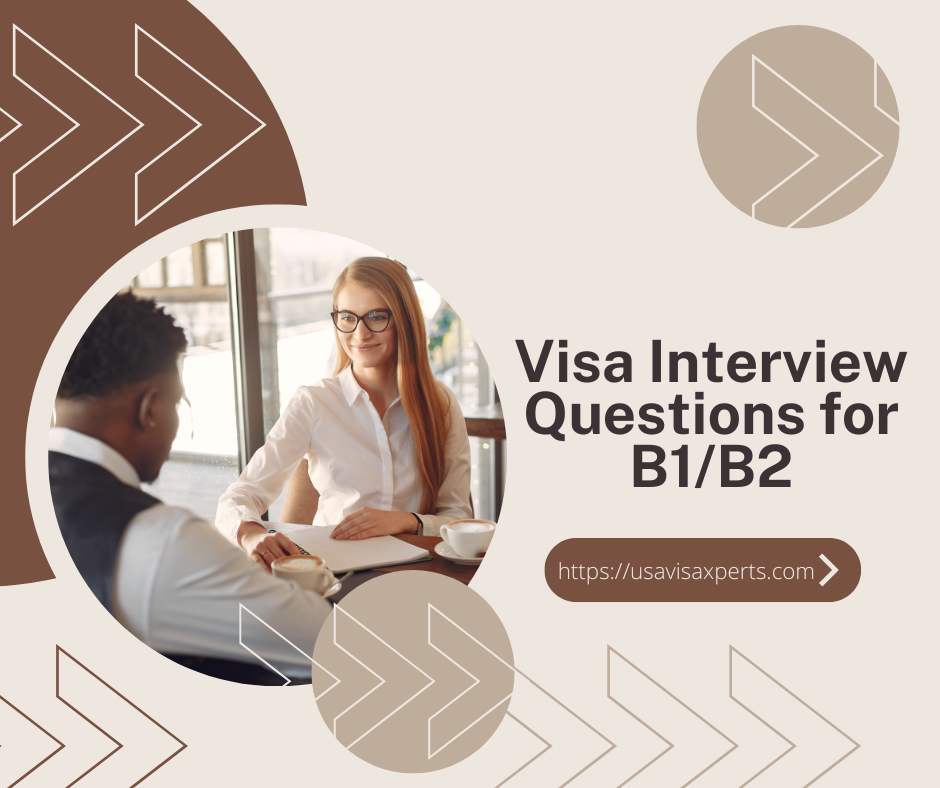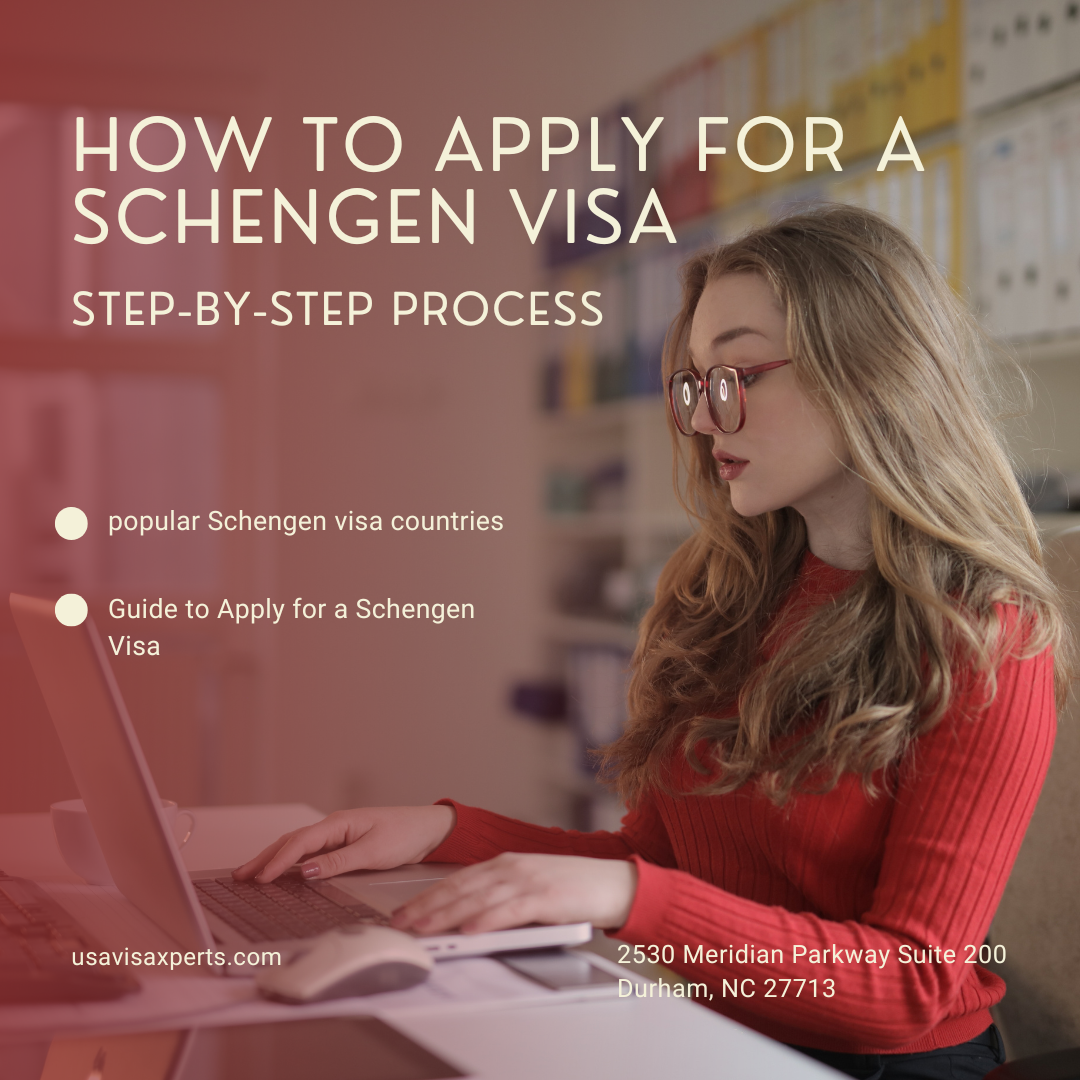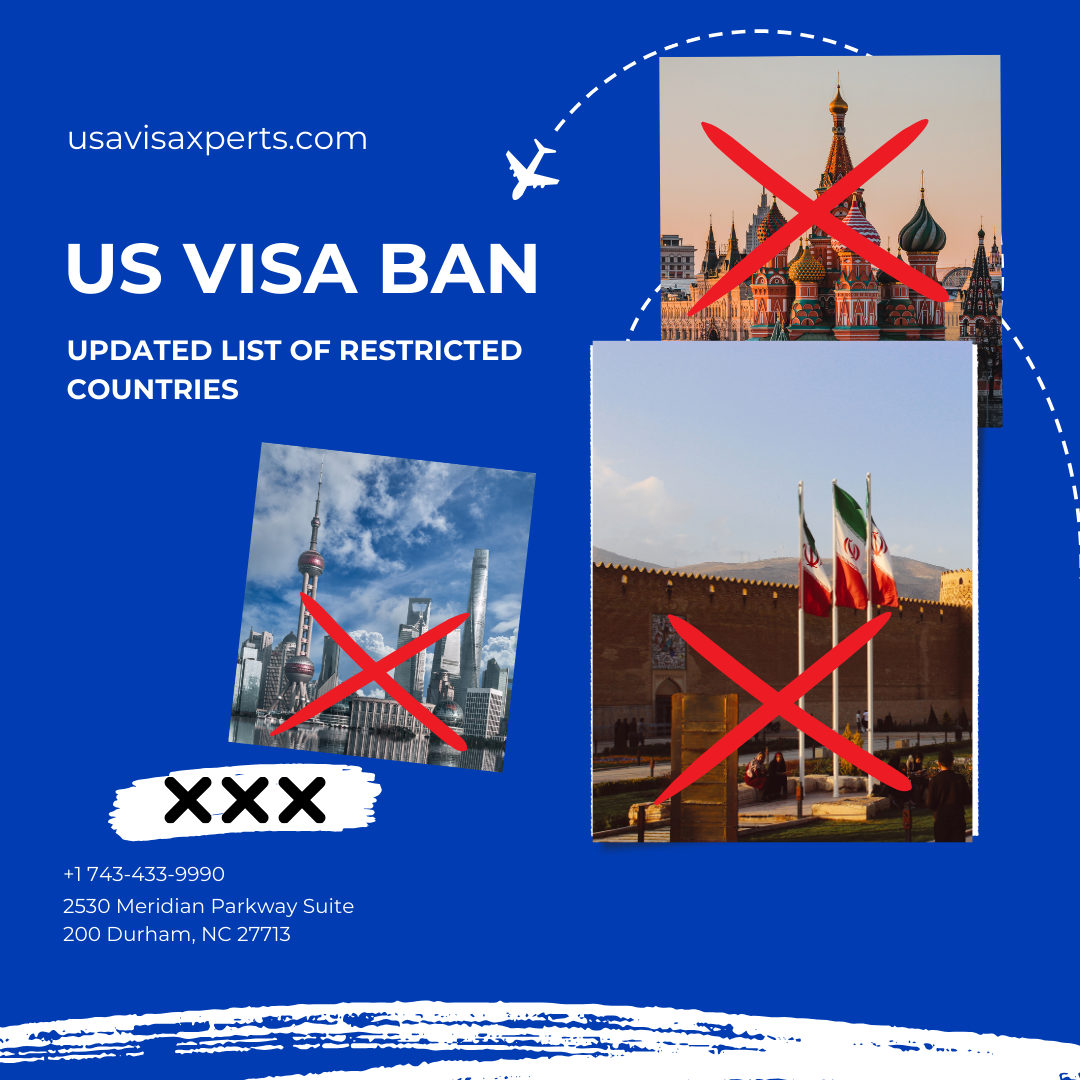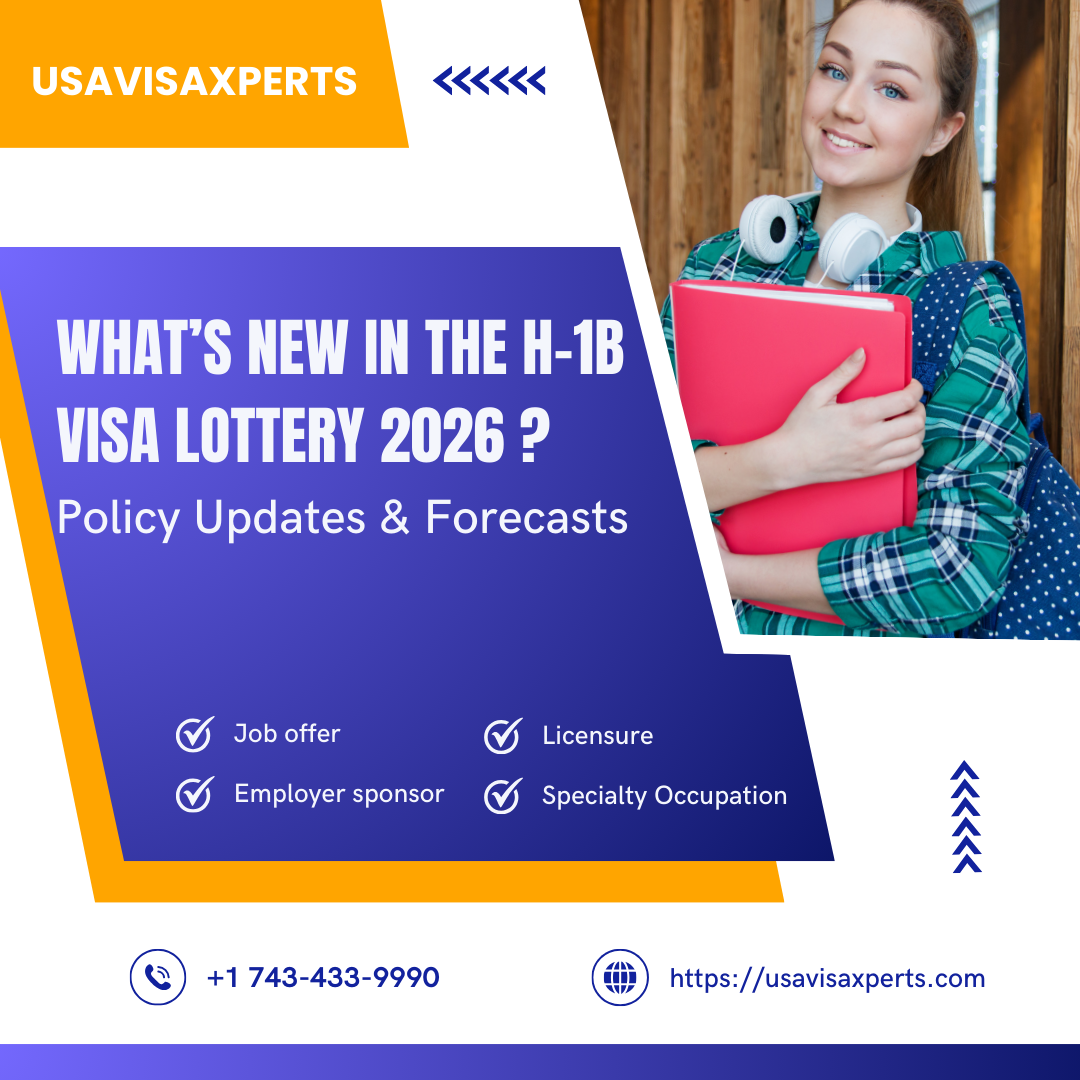Visa Interview Questions for B1 & B2

- Admin
- May 12, 2025
- 0 Comments
If you intend to travel to the United States on business or vacation, you are most likely going to get a B-1/B-2 visa. Getting interviewed at the U.S. Embassy or Consulate is a crucial process step in obtaining the visa. Many have apprehensions regarding this, but if you are adequately prepared, you will easily pass through. In this article, we will talk about typical visa interview questions for B1/B2, documents you need to bring, interview attire, what not to say, and how to establish strong ties to your home country.
Let's begin!
Typical Visa Interview Questions for B1/B2
In the visa interview, the officer will question you on a number of questions so that he or she can learn about your intentions for traveling, your history, and your finances. Some of the most frequent visa interview questions for B1/B2 are:
● Why would you like to visit the United States?
● For how long would you like to stay in the U.S.?
● Who is going to sponsor your trip?
● What is your profession or occupation?
● Do you have family members in the U.S.?
● Have you been to the United States before?
● Where will you stay during your visit?
● Can you show proof of your financial stability?
● What ties do you have to your home country?
● What are you going to see in the U.S.?
Be sincere and confident while responding. Keep the answers short and simple.
B1/B2 Interview Questions for Parents
In case parents are applying for a B-1/B-2 visa to see their children in the U.S., they might be asked certain questions in the interview. Below are some typical b1/b2 interview questions for parents:
● Why do you plan to visit?
● Who is your child and what does he/she do in the U.S.?
● Is your child an American citizen, a green card holder, or here on a visa?
● How long do you intend to stay with your child?
● Who will pay for your trip?
● What do you do in your home country (retired, employed, etc.)?
● Do you own property or have other ties in your home country?
Parents should carry documents showing their ties back home, like property papers, pension statements, or evidence of other children living in the home country.
B1/B2 Visa Interview Documents Required
Carrying the correct documents is very important for your B1/B2 visa interview. Here is a list of b1/b2 visa interview documents required:
● A valid passport (must be valid for at least six months after your planned stay in the U.S.)
● DS-160 confirmation page
● Visa appointment confirmation
● Receipt of visa fee payment
● Passport-size photographs (as per U.S. visa photo requirements)
● Proof of financial means (bank statements, pay slips, etc.)
● Proof of ties to your home country (employment letter, property documents, etc.)
● Invitation letter from family, friend, or company (if applicable)
● Travel itinerary (if you have one)
● Any previous U.S. visas (current or expired)
● Always organize your documents neatly in a folder so that you can present them quickly when asked.
B1 Visa Documents Checklist
Here’s a simple b1 visa documents checklist for people applying mainly for business purposes:
● Current and old passports
● DS-160 form confirmation page
● Visa appointment letter
● Visa fee receipt
● Business invitation letter from U.S. company (mentioning purpose, duration, and financial responsibility)
● Company letter from your employer stating your position, salary, and reason for the visit
● Last 6 months' bank statements
● Income Tax Returns for the last 3 years
● Proof of ongoing employment
● Conference registration details (if attending a business event)
● It is a good idea to carry a few additional documents in case the officer asks for more proof.
How to Dress for a US Visa Interview?
You might wonder how to dress for a US visa interview. First impressions matter a lot. Dressing properly shows respect and seriousness about your visit.
Here are simple dressing tips:
● Wear formal or semi-formal clothes.
● Men can wear a collared shirt and trousers, and women can wear a simple formal dress or suit.
● Avoid flashy clothes, heavy jewelry, or casual outfits like jeans and t-shirts.
● Make sure your clothes are clean and ironed.
● Keep your overall appearance neat and professional.
● Comfortable shoes are preferred but avoid sneakers or sandals.
● Remember, your goal is to look confident, trustworthy, and respectful.
What Not to Say During a US Visa Interview?
Knowing what not to say during a US visa interview is as important as knowing what to say. Here are some important points to remember:
● Don’t lie. Always give honest answers. False information can get you banned from future applications.
● Don’t say you plan to find a job in the U.S. A B-1/B-2 visa is for temporary visits only, not for work.
● Don’t say you have no reason to return home. You must show strong ties to your country.
● Don’t volunteer extra information. Answer only what is asked. Giving too much information can lead to unnecessary questions.
● Don’t sound unsure. Confidence is key. Weak or confusing answers can hurt your chances.
● Don’t criticize your home country or praise the U.S. too much. This can suggest you might want to overstay.
Prepare your answers carefully and practice them with a friend if needed.
How to Prove Strong Ties for a B-1 B-2 Travel Visa?
One of the most important factors in getting a B-1/B-2 visa is proving you will return to your home country. Wondering how to prove strong ties for a B-1 B-2 travel visa? Here are the best ways:
Job: Show an employment letter, company ID card, and recent pay slips.
Family: Mention your immediate family members (spouse, children, parents) living in your home country.
Property: Carry property ownership documents (house, land, etc.).
Business: If you own a business, show registration certificates and tax documents.
Financial Status: Bank statements showing regular transactions and good balance.
Education: Students can show enrollment certificates or proof of upcoming semesters.
Strong ties convince the officer that you will definitely come back after your trip.
Final Tips for Your B1/B2 Visa Interview
Here are some final suggestions to help you succeed:
● Be punctual. Arrive early at the Embassy or Consulate.
● Stay calm. It's natural to be nervous, but try to stay relaxed.
● Smile. A friendly smile helps you come across as confident and pleasant.
● Practice common questions. It can help you speak more clearly and with confidence.
● Keep documents ready. If the officer asks, you should be able to show them immediately.
Conclusion
Facing a U.S. visa interview can be a little stressful, but preparation makes it much easier. Always answer honestly, carry all necessary documents, and present yourself professionally. This article covered the most common visa interview questions for B1/B2, b1/b2 interview questions for parents, the b1/b2 visa interview documents required, and the b1 visa documents checklist. You also learned how to dress for a US visa interview, what not to say during a US visa interview, and how to prove strong ties for a B-1 B-2 travel visa.
By following all these tips, you will be fully prepared to confidently face your visa interview and increase your chances of approval. Best of luck with your U.S. visa application!





